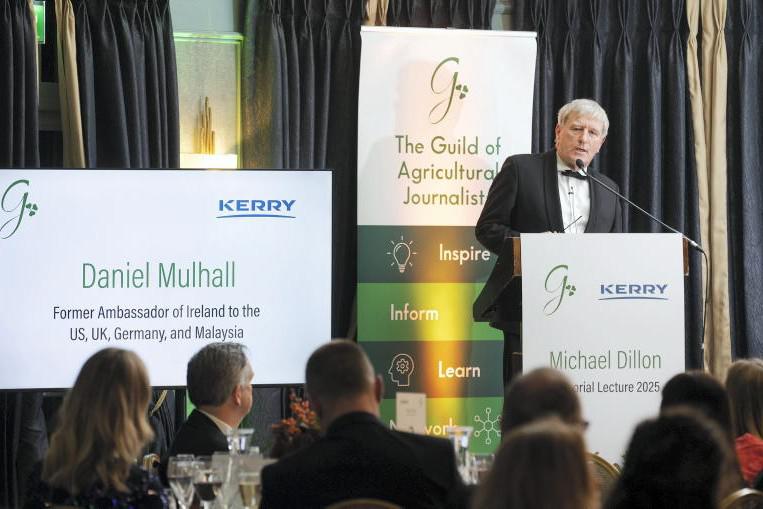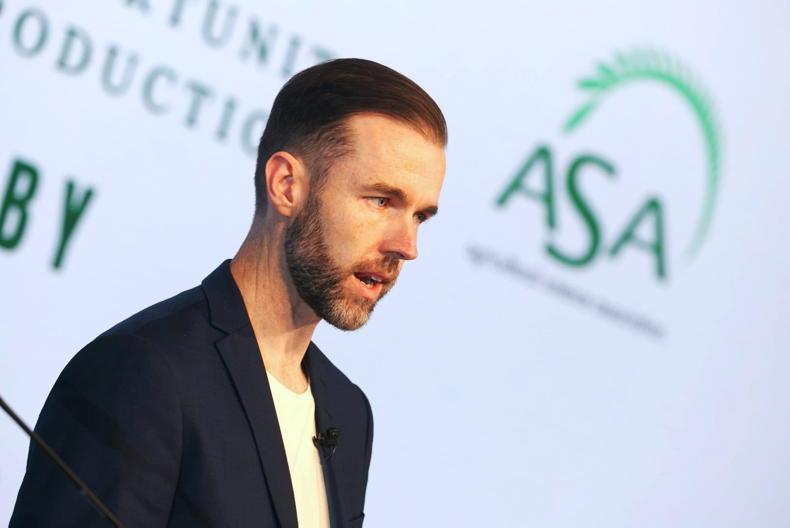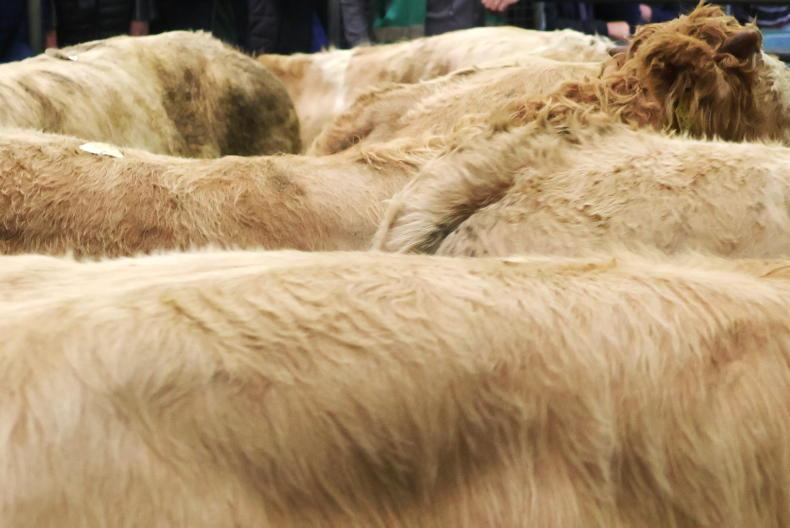I’m someone who is far more comfortable behind a camera lens than in front of it.
So when I was part of a group of 10 people visiting a business in March 2014 that was accompanied by two people who constantly took photos of us for the duration on that visit, it’s safe to say it was distracting if not uncomfortable.
Alighting the bus, I was grumbling about the constant camera presence when one of my travelling companions gave me a nudge.
Two vehicles away, about a dozen heavily armed men in military garb milled around. Travel broadens the mind, they say.
Businesses we met in other countries over the course of that programme were happy to share the ups and downs of their success
The snap happy nature of our hosts could be explained by mentioning that the business in question was in the suburbs of Moscow and our host was a former Russian Minister for Agriculture. Victor Semenov was the head of Belaya Dacha, a company that was among one of the first and then largest suppliers to McDonald’s in Russia.
The visit was part of Nuffield Australia’s Global Focus Programme.
Businesses we met in other countries over the course of that programme were happy to share the ups and downs of their success.
Our Muscovite host was a great raconteur, regaling us with tales of his personal and business successes.
He was less forthcoming on the negatives. When asked how he managed to deal with the agricultural sanctions placed on Russia while he was a member of cabinet, we received a curt response: “I don’t remember. Next question.”
In fairness, the meeting was cordial and courteous. It also was the first time I properly realised I was a member of the EU. Weeks earlier, Russia had annexed Crimea.
We also got to visit some farms in the Kaluga Oblast, 150km southwest of the capital
One incident in that meeting stood out. The topic of Ukraine and its desire to become aligned with the EU wasn’t popular with our host. “This is because of you,” he said pointing at myself and a French woman in the group and staring us down. It was an experience to say the least.
We also got to visit some farms in the Kaluga Oblast, 150km southwest of the capital. There, the challenges and opportunities in the form of climate and scale were evident to see. For all our wet and windy days on the edge of the Atlantic, I’d prefer them to the extremes experienced in that continental climate.
Soaring input prices were likely to be a good enough test of the grass-fed credentials of our livestock sector ever before the prospect of a war in Ukraine
Before Vladimir Putin’s invasion of Ukraine, the escalation in fertiliser prices was surely enough to focus minds at Government level on preventing a fodder crisis in spring 2023.
Soaring input prices were likely to be a good enough test of the grass-fed credentials of our livestock sector ever before the prospect of a war in Ukraine.
With access to Black Sea grain unlikely for the foreseeable future, I’d imagine the pig and poultry sectors should be the priorities when it comes to grain usage and rightly so. Cattle and sheep farmers have more options open to them.
Red clover could be an option for silage production. It doesn’t require N fertiliser, has high yields and could provide high protein silage for young stock negating the impact of lower cereal availability.










SHARING OPTIONS